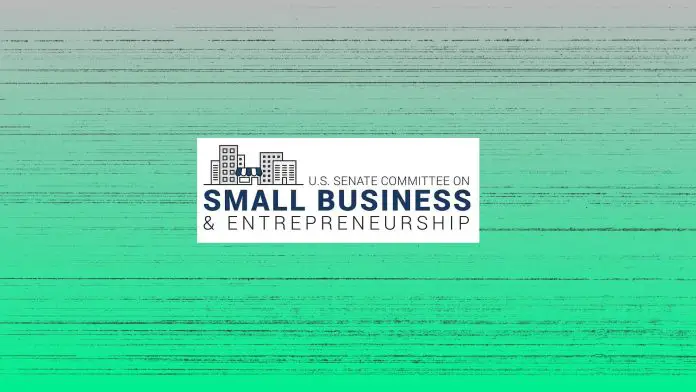In a recent congressional hearing, small business owners voiced their concerns over the impact of tariffs implemented during the Trump administration, which they argue threaten the very foundation of their enterprises. States throughout the nation, particularly Massachusetts, have been adversely affected by what Ranking Member Edward J. Markey (D-Mass.) described as "reckless tariffs" that have placed small businesses in a precarious position.
Markey spoke passionately at the joint House and Senate Committee hearing titled “Prosperity on Main Street: Keeping Taxes Low for Small Businesses.” The senator emphasized that the current tax climate and tariff policies are detrimental to small enterprises across the country. “Trump’s reckless tariffs are a roadmap to ruin for small businesses,” he asserted. His sentiments echo the frustrations of many small business owners grappling with tough decisions due to rising costs spurred by these tariffs.
Key Takeaways:
-
Tariff Impacts: Small business owners are caught between increasing product prices and the risk of losing customers, or absorbing costs, which could lead to layoffs or closures.
-
Economic Implications: The combination of tariffs and tax policies has slowed business investment, disproportionately affecting wages for lower-earning employees while favoring high-earners.
- Calls for Change: Markey urges legislative changes to curtail the adverse effects of tariffs and create a tax code that benefits not only billionaires but working individuals and small businesses.
The challenges posed by these tariffs are stark. Anne Zimmerman, the founder and owner of Zimmerman & Co CPAs, participated in the hearing and reflected the sentiment of many by stating that the tariffs have an “absolutely devastating impact” on small businesses. Finances are tight for many small operations, and these trade barriers exacerbate pressures already being felt in a post-pandemic economy.
For small business owners, the current economic landscape presents considerable hurdles. As prices increase due to tariffs, businesses must make strategic decisions that could affect their long-term viability. Raising prices might deter customers, while absorbing costs can threaten payroll and operational capability. The trade-off is particularly concerning given that small businesses employ roughly 60 million Americans.
The bipartisan concern highlighted during the hearing also included commentary on broader tax policies. Markey argued that the tax reforms implemented under Trump in 2017 did not translate into benefits for small business owners or their employees. He pointed out that while businesses could have been expected to reinvest in growth and workforce, many instead saw a concentration of financial benefits at the top, leading to wage stagnation and fewer employment opportunities for the average worker.
Markey’s comments shine a light on a wider issue affecting small businesses: the challenge of navigating a policy environment that seems to prioritize the interests of the wealthy. With calls from Congress to reevaluate these funding allocations and create a more equitable financial framework, small business owners are hopeful for legislative changes that will address their needs.
However, transitioning away from current tariff policies will not be without its own challenges. Business owners will need to be keenly aware of global market shifts, potential international trade negotiations, and how they might adapt their operations to align with new tax regulations that come in response to calls for systematic change.
While the pathway ahead appears complex, Markey’s remarks serve as a clarion call for small business owners to stay engaged with legislative developments. As policymakers draft strategies, small businesses have a critical opportunity to advocate for their interests and emphasize their role in bolstering the economy. The outcome of this ongoing discourse could unveil new possibilities for growth and sustainability in the small business sector.
For further information regarding this hearing and the perspectives shared by small business leaders, visit the original press release here.
Image Via BizSugar



